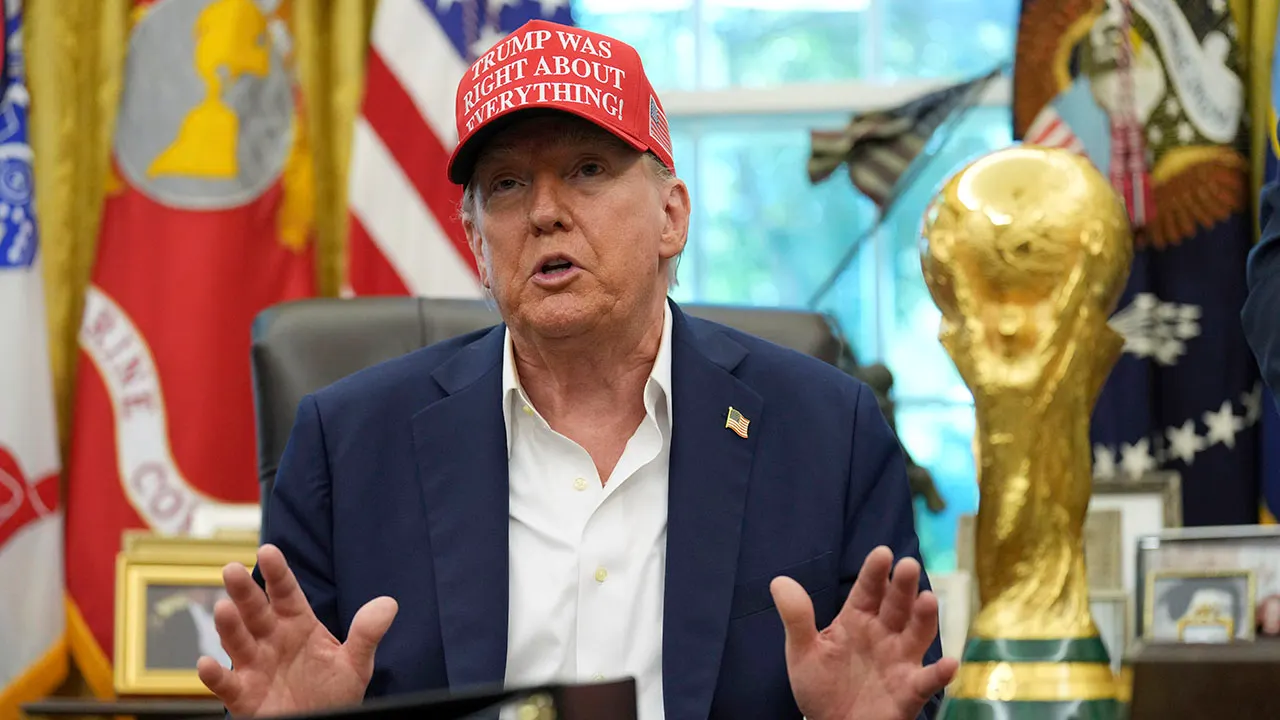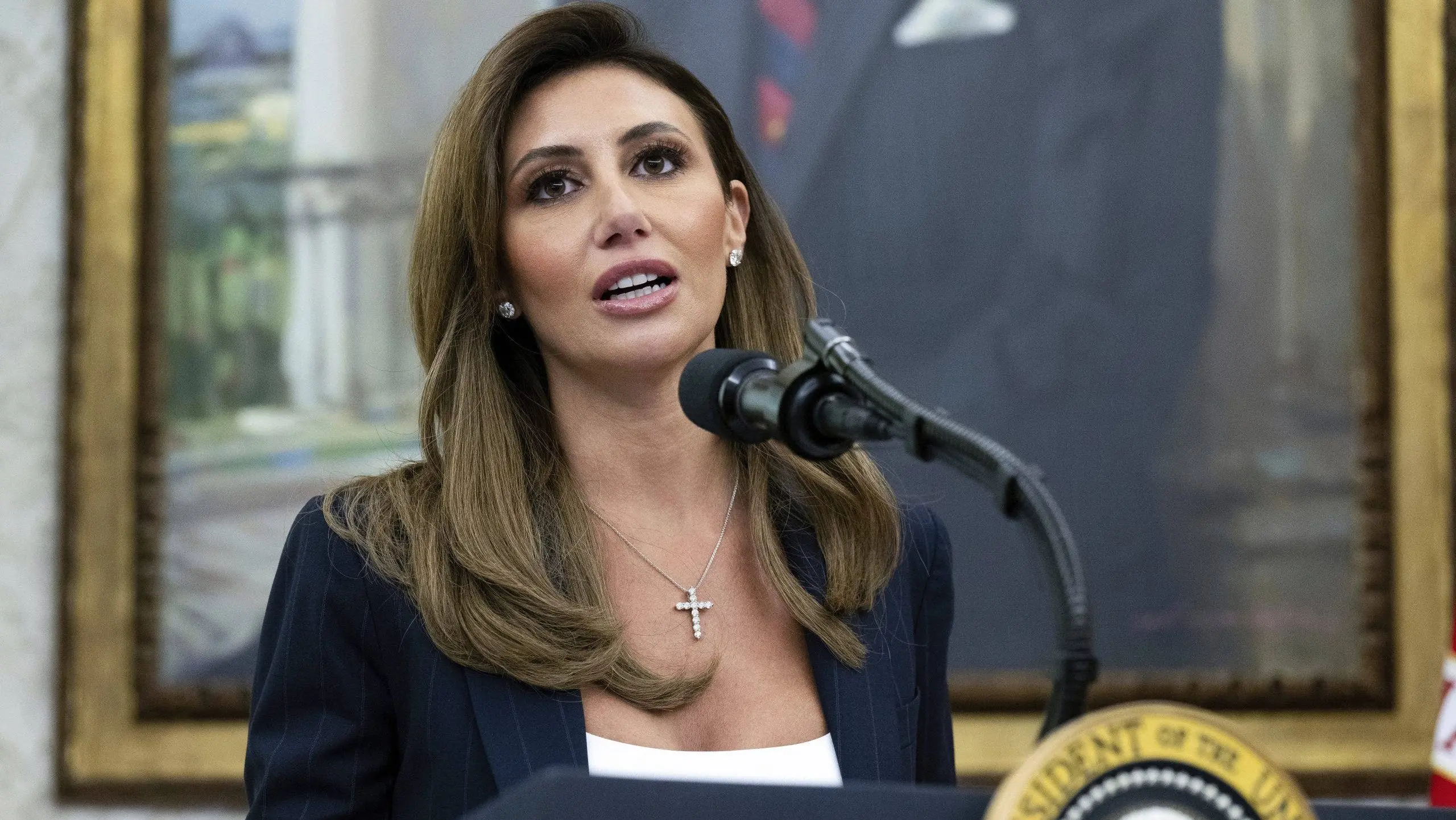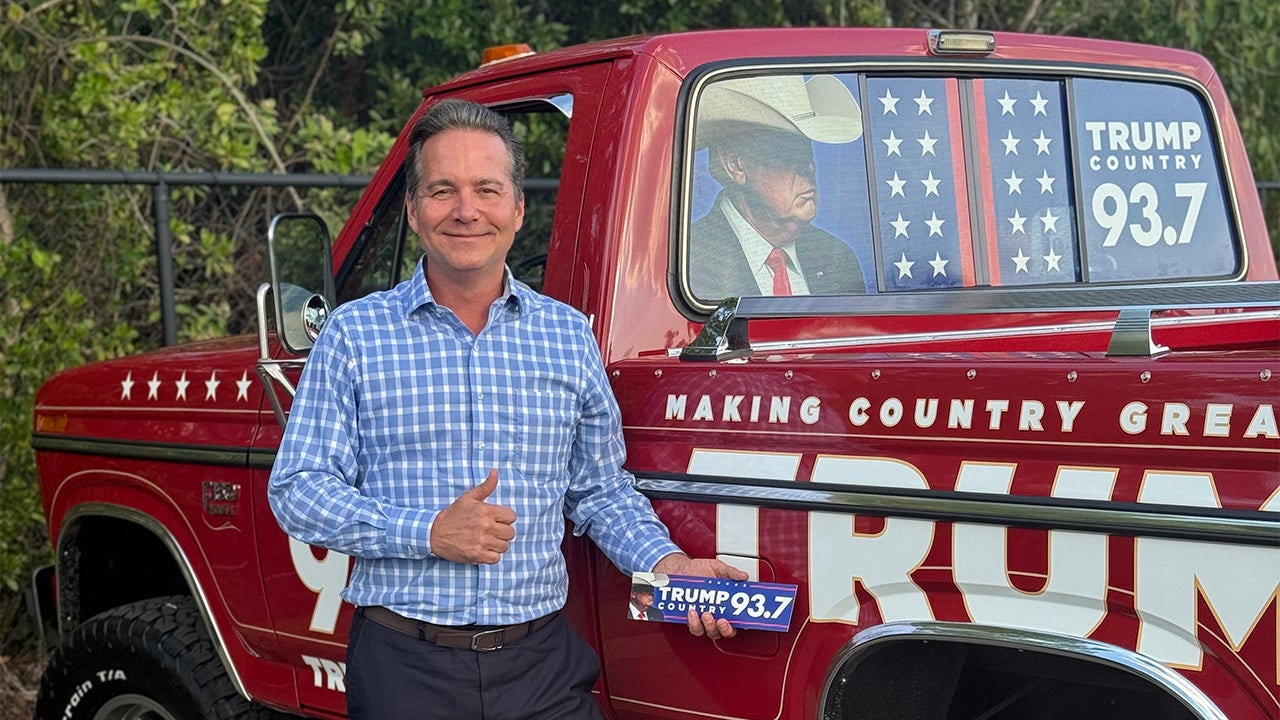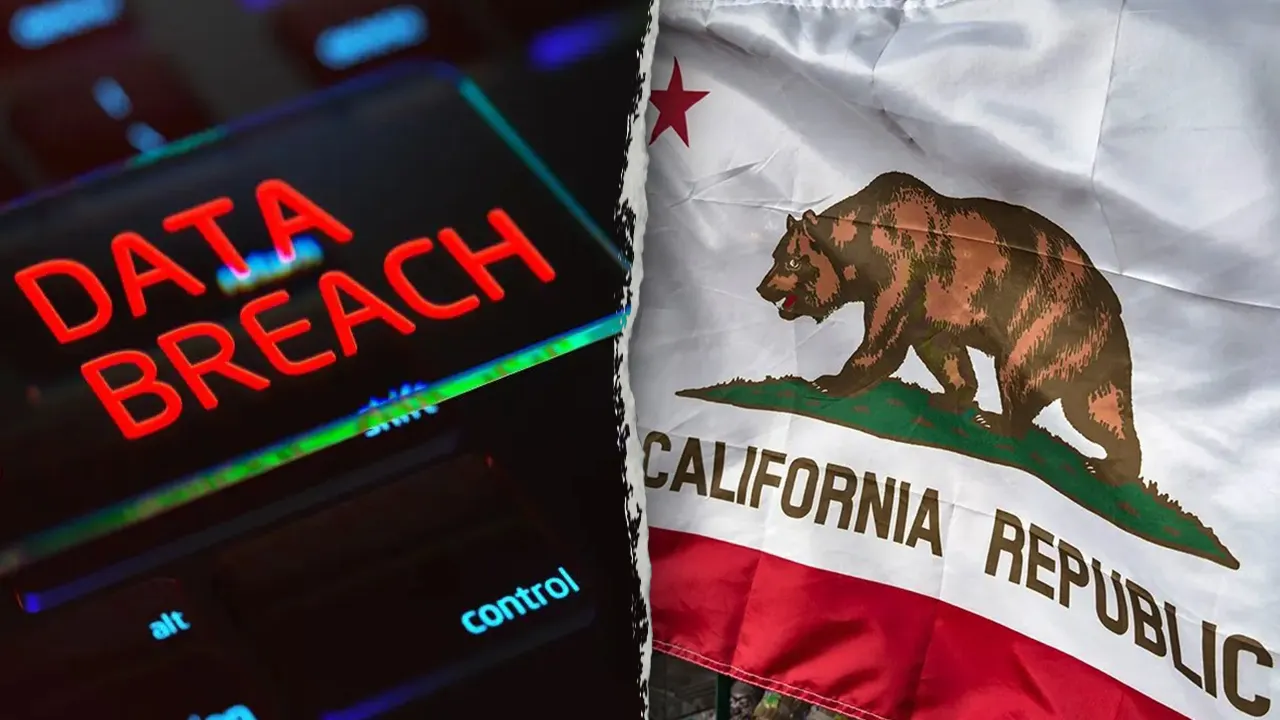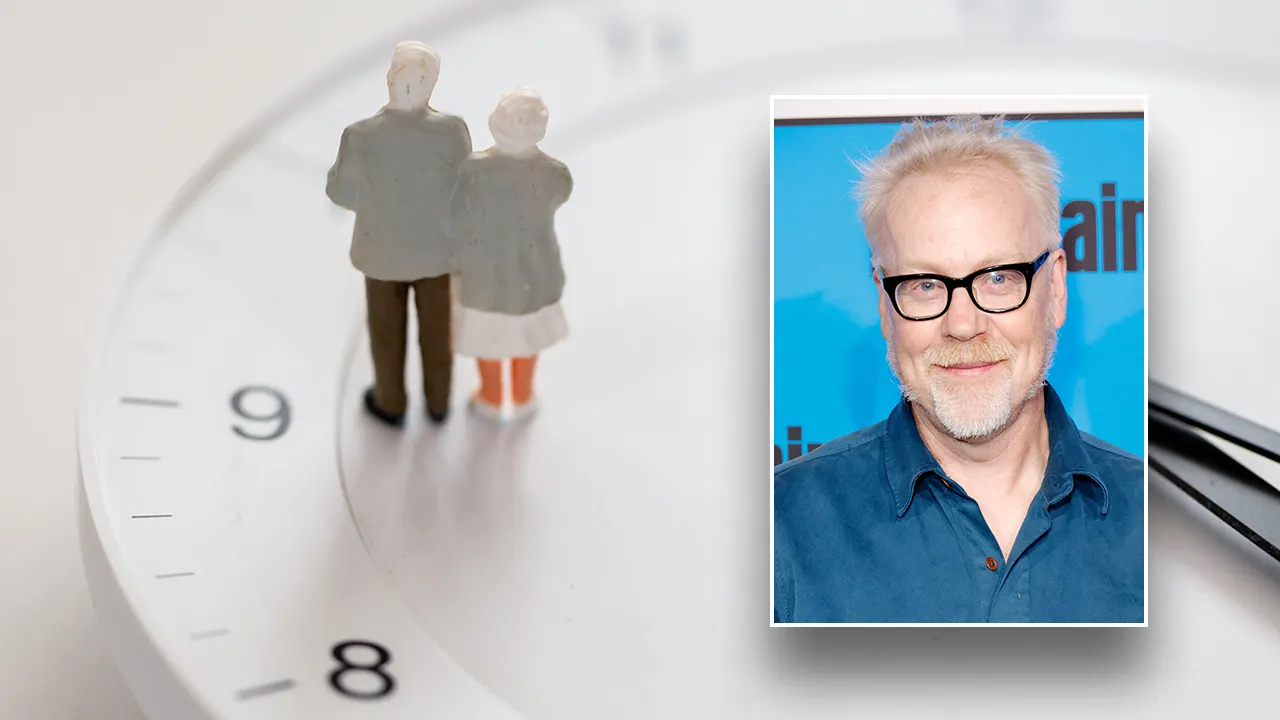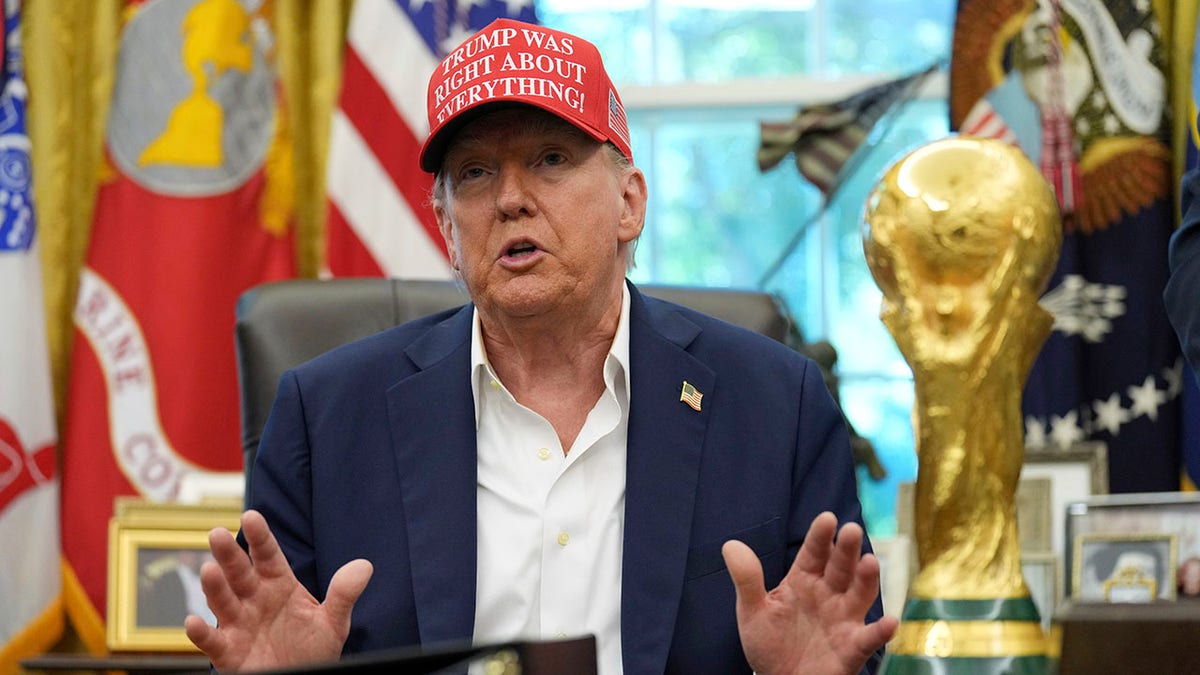
NEWYou can now listen to Fox News articles!
A new report released Friday from the Congressional Budget Office is surprising, even stunning. The “CBO” is not thought to be a friend of Republican presidents and Congresses. Questions always arise from “supply-siders” about whether CBO rejects serious “dynamic scoring” of developments in the law and in major regulatory actions. Whatever the agency’s methodology, it issued a report on the Trump tariffs at the close of last week.
“We project that increases in tariffs implemented during the period from January 6, 2025, to August 19, 2025 will decrease primary deficits (which exclude net outlays for interest) by $3.3 trillion if the higher tariffs persist for the 2025‒2035 period,” Phillip Swagel, CBO’s director wrote. “By reducing the need for federal borrowing, those tariff collections will also reduce federal outlays for interest by an additional $0.7 trillion. As a result, the changes in tariffs will reduce total deficits by $4.0 trillion altogether.”
The report is here.
TRUMP’S TARIFF REVENUE HAS SKYROCKETED IN JUST A FEW MONTHS, SOARING PAST 2024 LEVELS
Free traders should be scratching their heads as they review all the data, including that in this CBO “Update.” Inflation has not spiked. Growth has not plummeted. The revenue from tariffs is enormous. An international trade war has not broken out.
“One of these things just doesn’t belong here, one of these things just isn’t the same,” goes the old Sesame Street song’s refrain.
So maybe, just maybe, we free marketeers ought to consider that perhaps, just perhaps, President Trump has been right about tariffs, America’s strength relative to that of our trading partners, and the impact of non-tariff barriers-to-trade?
I checked in with an old friend and free-market economist, Dr. Richard McKenzie, Gerken Professor of Economics, Emeritus at the University of California, Irvine’s The Paul Merage School of Business. He is following the data, but is unconvinced. For the moment, however, he does “agree that Trump could make world trade freer by his threats.”
“On your broader question about general acceptance of tariffs,” Professor McKenzie replied to my query on whether free market economists might blink at the CBO’s numbers? “No, tariffs (and minimum wages) have long been used as a litmus test for market economists, but their commitment has always been conditioned on the strategy President Trump has employed: The threat of the imposition of tariffs can be used to lower the tariffs of other,” McKenzie continued.
“But the argument I think Trump has used, that somehow ‘my tariffs will offset your tariffs’ to make a level playing field, doesn’t play broadly, at least not in Friedman types: they compound the damage done.”
“The tariffs,” McKenzie continued, “if they end up being consequential, will diminish domestic (and world) incomes from what they would otherwise be —further reducing IRS revenues from what they would be.”
Then Professor McKenzie pulled out the Thor’s Hammer of “Friedman types”: “A tariff is a tax, is a tax, is a tax! The CBO’s estimates of trillions in additional federal revenues and reductions in budget deficits are testimony to that fact of accounting. President Trump seems to believe that he can wear the mantle of a tax cutter while raising tax revenues on the sly. His threats to impose heavy tariffs on countries that don’t lower their tariffs on U.S. goods is also testimony that he understands the damage that can be done by tariffs. Such threats could work to promote freer world trade (Canada just lowered tariffs in response to Trump’s threat), but don’t count on that to be the case across the board, after the policy dust settles.”
No doubt President Trump’s senior advisor on trade and manufacturing, Peter Navarro, would differ. Navarro and McKenzie were colleagues for decades on the same graduate school faculty at UCI. I have no idea when they last spoke —probably before 2016?— but Navarro has always been a man of the political left and McKenzie of the political (and economics) right. Navarro has embraced tariffs, at least against China, since his 2011 book “Death By China.”
Their very different views are part of a long-running debate among economists, and those whose views about tariffs are informed by economists. I’ve reflexively been against tariffs since first absorbing the long-standing conventional wisdom about the 1930 Hawley-Smoot tariffs, something I first was taught over 50 years ago in “Economics 10,” and then subsequently inhaling free markets/free minds arguments from the era of President Reagan forward.
If you search the terms “CBO and tariffs” and limit your time frame to the past week, you will find a Reuters story about the report as well as stories in Axios, the Financial Times, the Washington Examiner and Fox News. Perhaps coverage will increase this week, along with explainers from both left and right, some of which will note that the CBO “update” is preliminary to a forthcoming report on the entire economic picture.
What strikes me as odd is that the “Update About CBO’s Projections of the Budgetary Effects of Tariffs” is very much a man-bites-dog story but wasn’t treated that way after President Trump underscored the news in his Friday Oval Office press availability.
The big question is whether free market folk will reconsider their rejection of the president’s trade policies. Doubtful, that.
I am still very leery of any president’s authority to even impose such sweeping edicts outside of clear national security arenas, such as China. This question of the limits of “executive authority” is presented in a case before the Federal Circuit Court of Appeals now underway.
This controversy over presidential power is almost certainly headed to the Supreme Court as the Constitution explicitly grants tariff authority to Congress, and the Congressional delegation of that authority to the president in the International Emergency Economics Powers Act (“IEEPA”) is broad, but is it broad enough to support President Trump’s vast impositions and frequent resets?
CLICK HERE FOR MORE FOX NEWS OPINION
It’s a case of first impression. If the IEEPA does indeed grant the power, it may be enough to resurrect the “non-delegation doctrine” abandoned by the Supreme Court 90 years ago and trigger the Court’s rejection of all or some of the Trump tariffs.
CLICK HERE TO GET THE FOX NEWS APP
I don’t know the answer to that question and neither does anyone else. A single, federal district court judge said the president does not have the power to do what he did, and that ruling’s effect was stayed. That’s all we know. These days, a ruling from a single federal district court on the actions of President Trump is the nearly the thinnest of reeds on which to rely. The federal district courts have had more reversals in the last six months than the Cleveland Browns since their return to the Lake in 1999.
Numbers are numbers, however, and $4 trillion in deficit reduction means $4 trillion less in national debt. For the debt hawks out there who are also free traders, the CBO “Update” deserves your attention, regardless of whether legacy media notes it.
Hugh Hewitt is host of “The Hugh Hewitt Show,” heard weekday mornings 6am to 9am ET on the Salem Radio Network, and simulcast on Salem News Channel. Hugh wakes up America on over 400 affiliates nationwide, and on all the streaming platforms where SNC can be seen. He is a frequent guest on the Fox News Channel’s news roundtable hosted by Bret Baier weekdays at 6pm ET. A son of Ohio and a graduate of Harvard College and the University of Michigan Law School, Hewitt has been a Professor of Law at Chapman University’s Fowler School of Law since 1996 where he teaches Constitutional Law. Hewitt launched his eponymous radio show from Los Angeles in 1990. Hewitt has frequently appeared on every major national news television network, hosted television shows for PBS and MSNBC, written for every major American paper, has authored a dozen books and moderated a score of Republican candidate debates, most recently the November 2023 Republican presidential debate in Miami and four Republican presidential debates in the 2015-16 cycle. Hewitt focuses his radio show and his column on the Constitution, national security, American politics and the Cleveland Browns and Guardians. Hewitt has interviewed tens of thousands of guests from Democrats Hillary Clinton and John Kerry to Republican Presidents George W. Bush and Donald Trump over his 40 years in broadcast, and this column previews the lead story that will drive his radio/ TV show today.
CLICK HERE TO READ MORE FROM HUGH HEWITTvvv

